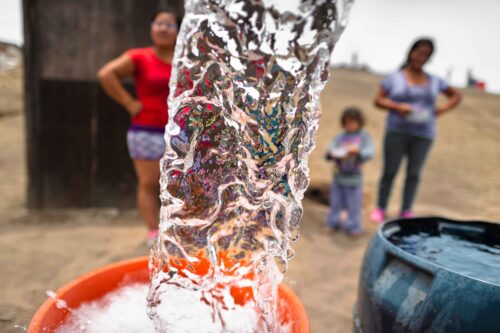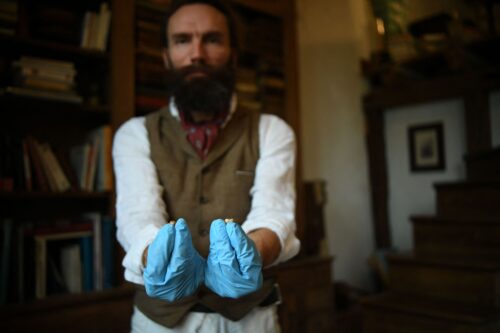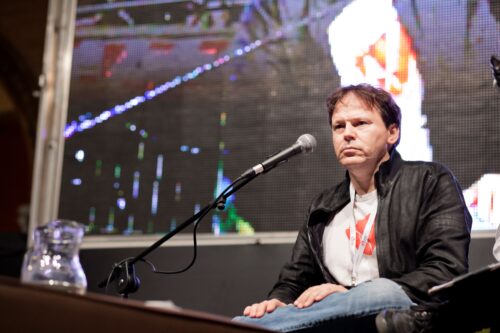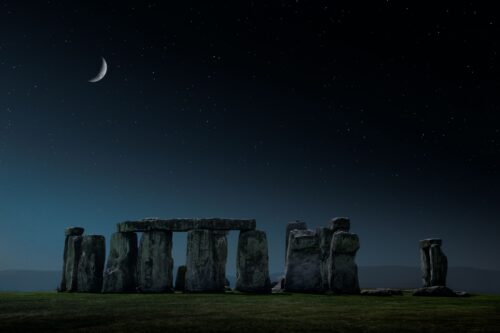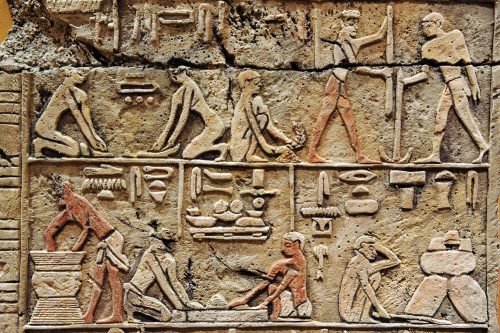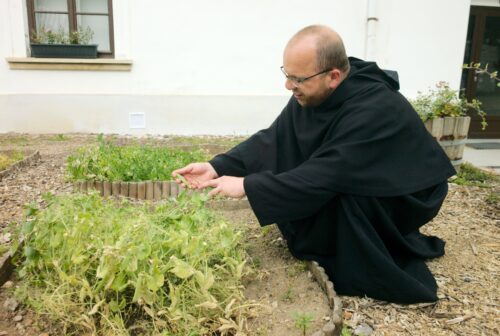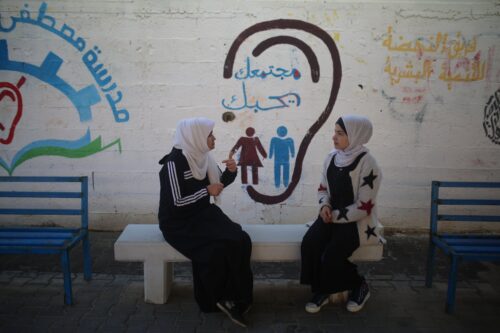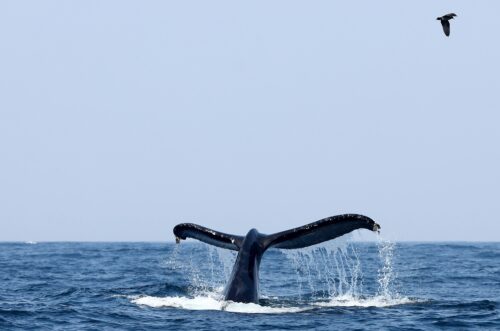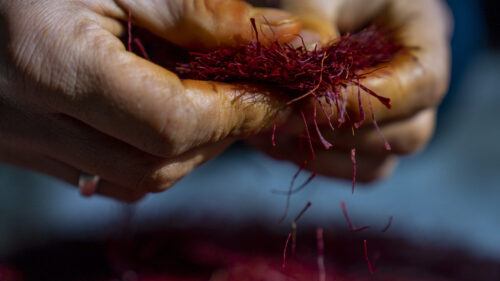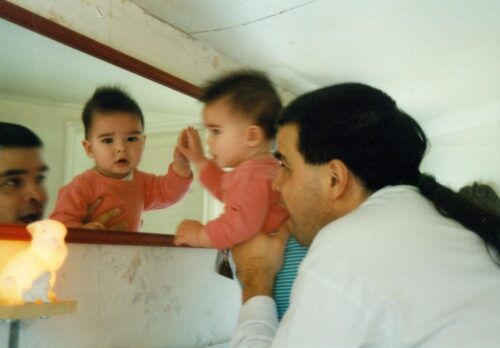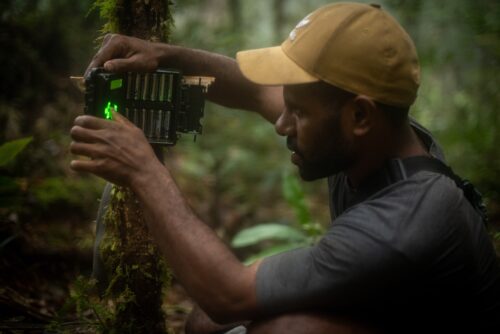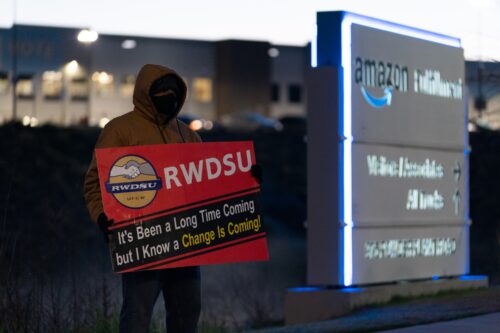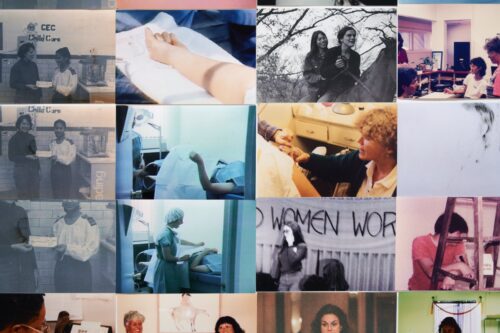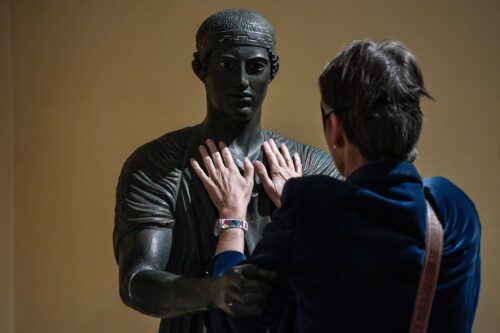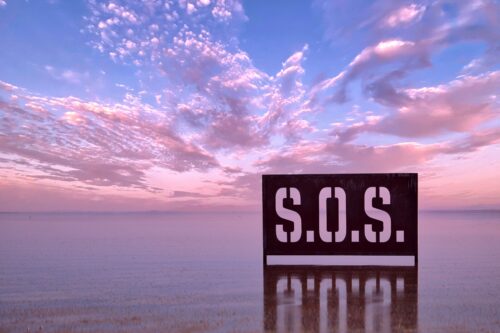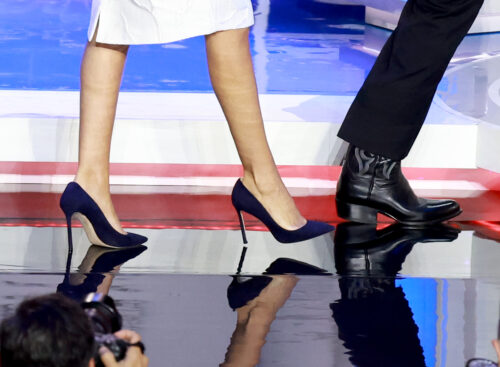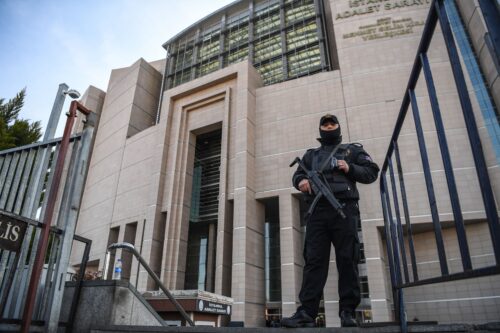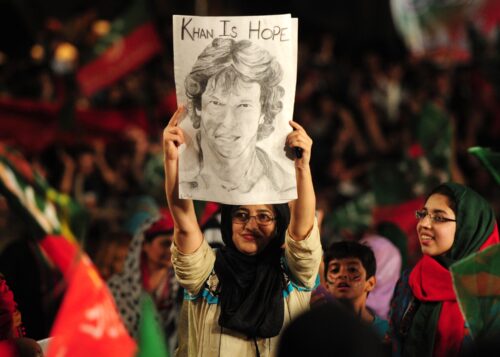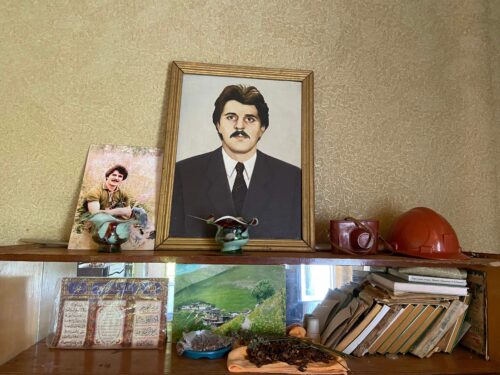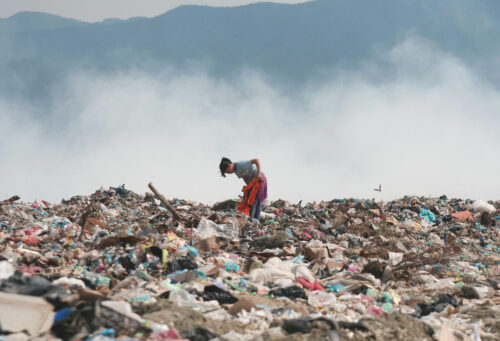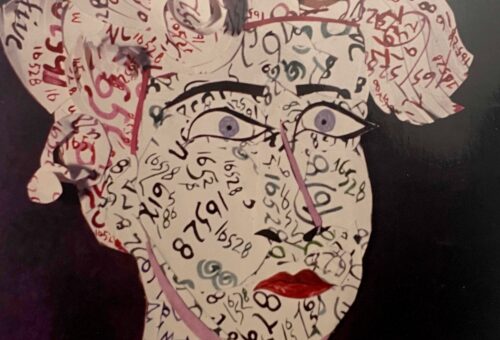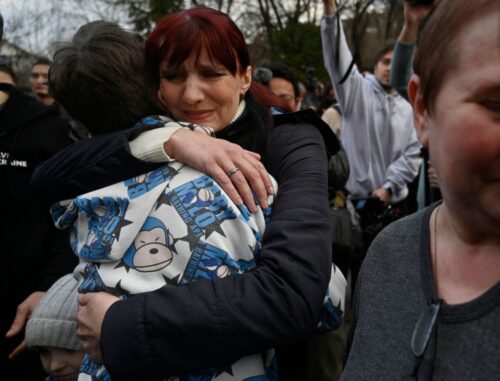They’ll Steal Your Eyes, They’ll Steal Your Teeth
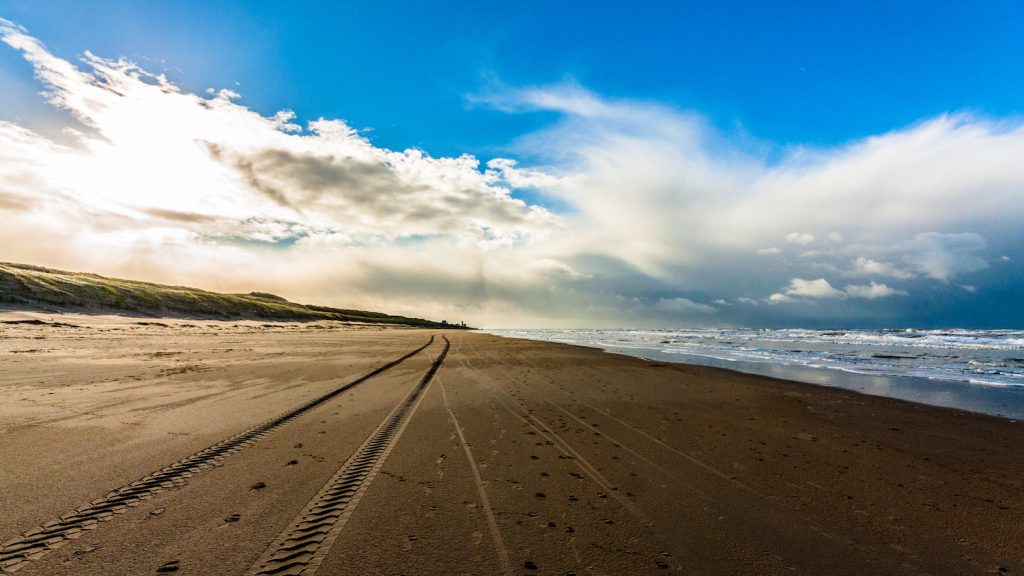
“They’ll Steal Your Eyes, They’ll Steal Your Teeth” is part of the collection Lead Me to Life: Voices of the African Diaspora. Read the introduction to the collection here. A translation in Malagasy is forthcoming.
They took the child. They took the child in the morning. They took the child by the market. The child that played over there with their friends. By the market. In the morning, they took the child. When they left town in their 4×4. They asked the driver to stop as they approached the market. They must have come from the south, from one of the hotels. They drove through town in the morning while everyone drank tea. While children played in the street. While lovers slinked home. While roosters finished their crowing and pigs began to get restless. They drove through town while menakely sizzled on hot oil and water boiled over coals. [1] [1] Small fried sweet bread. While girls washed dishes before school and boys crossed town with empty Tupperware to get breakfast for their families.
A group of children played outside the market but dispersed as the 4×4 rushed toward them, spitting sand up around it as it followed in the tracks of so many that had come before. They must have asked the driver to stop. Maybe the man thought they wanted to buy breakfast before leaving. Or bottled water. Or cigarettes. Or Coke for the road in case they got sick. The 4×4 stopped in front of the market, still firmly entrenched in the deep tracks that ran like scars down the backbone of the village. Those tracks that remained year in and year out, through the rainy season when the waters rose too high for 4x4s to come down from town and only the Catholic priest on their quad kept them fresh. Those tracks of compacted and cascading sand that begged the question from those who went on foot whether to walk down in them or up along their edge. The 4×4 stopped in its tracks. The driver got out and made their way to one of the tea stands. The passengers did not get out.
Some people said they saw the child run with their friends to the window of the car. A big group of them, their hands outstretched, laughing, crying out the only French they knew. Bonbon! Bonbon! [2] [2] Candy.
Everybody knew vazaha had candy. [3] [3] Refers to all non-Gasy foreigners, overrepresented by Europeans and people of European descent. Only cheap vazaha would lie and say they did not, but everybody knew they did. Even children knew. Nobody saw the car door open. Nobody saw the child get in. Nobody paid much mind to vazaha with candy. Nobody paid much mind to children playing outside the market. Not until they went running to Jack’s mom crying about how Jack had left with the vazaha. The woman rushed to the market, ran down the road to the edge of town, into the forest, all the way to the salt flats, screaming. Screaming. Screaming for help. Screaming for their child. Screaming. The gendarmes called into town. They set up a barricade. They said they stopped all the cars speeding up and down the straight road carved in the sand between the village and the city by a survey project some years past—the “American highway” they call it. Nobody found Jack.
Some people said they had seen the vazaha who took the child the day before at the zotro botsy. [4] [4] Celebration for newly constructed dhow. The ones who took pictures with their phones. Not the one who took pictures with the big camera. The woman took pictures of all the children. People said they saw the man give candy to some of the kids. Nobody said anything at the time. Vazaha always came to zotro botsy in the morning. Hotel owners sent them. They took pictures. Pictures around the botsy as the men pulled it toward the rising tide. Pictures of the women in their matching sarongs. [5] [5] Dhow. They sold all the pictures they took abroad for a lot of money.
Some vazaha did not take pictures at the zotro botsy. They only came to see. They got a little closer than the ones with cameras. Sometimes they sat down. Sometimes they said hello. They smiled. They got close but never too close. They stayed longer but never too long. They got bored. They got late. They got tired. They got hot. They had plans. They had other things to see. They had schedules. They had tour guides waiting for them. They had drivers ready to take them to the national park. They had locals ready to take them to the islands. They had seen enough. They would never forget. They had fond memories.
People said they saw two vazaha taking pictures and handing out candy at the zotro botsy the day before they stole the child in the morning by the market. A good-looking woman and a tall man. The man looked like Dolpha or Van Damme. The woman wore a Maki sarong. They had light eyes and light hair. A beautiful woman. A handsome man. People said they saw them coming from the north. They took pictures with a phone. Pictures of the botsy. Pictures of the men working. Of the children. They took pictures of large groups of children, playing, smiling. They gave them candy and more children came to get their pictures taken. Some people said they saw Jack get candy from the woman, but Jack’s mother insisted the child had not left their side. Jack behaved. The child sat still. They waited with their mother while the men hauled the botsy through the sand. They behaved. Some of their friends got their picture taken. Some of their friends got candy. Jack did not. They stayed with their mother.
People said they saw the vazaha in town after the zotro botsy. They said the vazaha came through in the late afternoon before the sun set. They rode into the middle of town in their 4×4, walked up and down the main street, took pictures, handed out candy, and drove back. Some people said they saw them buy things from one of the shops. They saw them buy bottles of water. They saw them buy more candy or batteries. The man bought a packet of cigarettes. Nobody paid them much mind. They acted like all the other vazaha. They did vazaha things.
People saw many vazaha that day, that week, that month. Nobody talked about them until after the child disappeared. When the children ran home to tell their parents that Jack had gotten into the car.
The talk grew hot and heavy. It slumped in the afternoon.
When word spread around that Jack’s mom had gone to the gendarmes. Then people began to talk. They talked about all the vazaha they had seen in the last few days. The one with the big camera. The group of women. The family. The group of old men. The ones who ate dinner at Chez Fano. The ones who drank a lot at the bar. Everybody talked about who might have taken the child and why. But most people agreed on the couple from the zotro botsy because they bought candy from Babany Jose the day before the child disappeared.
All that talk did not bring the child back, though. When people disappeared, everybody talked. Everybody talked, but the disappeared people, the stolen children, the lost never returned.
People still talked about the bodies washed up on shore down south. In a small canoe. A whole family. People still talked about when that family disappeared. Some say they saw a speedboat far out at sea that day. Others say they saw one of the large industrial fishing ships creeping close to shore, raking the ocean floor, dumping what they did not want back into the sea. The family had gone out to fish, but they did not come home. People went out looking for them. They found their boat with a broken outrigger. They found the tattered sails floating on the water, filling with fish. The family did not come home. People stopped looking. People stopped talking.
They went back to work, to playing rummy, to drinking, to sweeping, to sitting, to building homes. They talked about other things. Mostly gossip. Mostly money. They talked just to talk. or they did not talk at all. They sat. They waited. They grew old. Their backs stiffened. Their bones grew hard. If people still talked about the lost family, they did not do it so loud or long enough for their talk to make its way across the sand or the sea. If anyone had had such talk, it did not get wisped up into the wind that ran along the ground picking up grains of sand and setting them down on people’s porches, in their homes, covering the entire village with an ever-present layer of dust and talk. No, that talk fell heavy like the first drops of a storm, sticking to the ground, going nowhere, and keeping the whispers it touched down in its wet weight. Nobody talked about the missing family again until the sea returned them, left them, in the night, on a shore down south, their eyes missing.
Everybody knew who stole eyes. They talked about it at the bar. They talked about it while playing rummy. They teased small, fussy children with it when they saw vazaha walking by. Watch out, they whispered to the crying child. Be quiet. Be quiet or the vazaha will come steal you. They’ll take your eyes. They’ll take your teeth. They’ll take all your organs. They’ll sell you abroad for lots of money. Everybody knows what vazaha do. They remember the father and son who disappeared. They remember the 15-year-old girl with the vazaha lover who never came home. Everybody knows that vazaha take eyes. They take teeth. They take what they want. They can afford it. They can afford papers. They can afford bribes. People talk, but talk has no value. Talk can’t buy papers. Talk can’t bribe gendarmes. Talk just talks. People just talk until they tire and stop.
Jack’s mom did not stop talking to the gendarmes, but it did not bring their child back. The gendarmes called their colleagues in town, who called the officials in the capital. They needed papers. They needed photos of the child. They needed evidence. The woman brought papers to the gendarmes but not the right ones. They needed more papers, but the mother had none. The gendarmes suggested the woman get them from the mayor’s office, from the president of the fokontany, or from the local NGO. [6] [6] Village. The mayor had the results from the last governmental census in 2015. The president of the fokontany had residential documents. The local NGO had done a survey in 2018. Jack’s mom needed papers. Everybody knew papers lied, but talk meant nothing without papers.
The woman had not participated in the NGO survey. Their sister worked for the NGO and had told them about the survey, but when they saw the vazaha knocking on their door with a Gasy woman from the highlands, Jack’s mom did not get up from the rummy game. [7] [7] Gasy means Malagasy. They watched the two women ask a child who lived in the house. They watched as the two women sat and waited while the child ran off to look for them. The child came straight to the rummy table, but the women all shooed it away telling it to behave and go play. None of them wanted to participate in the survey. The NGO persisted. One time, they caught a woman at home. They caught them sleeping too late into the afternoon heat. The woman escaped the questioning, though, by telling the strangers that the house did not belong to them but to their brother who had already left for sea. People who ask too many questions should expect lies in return.
Everybody knows. Vazaha take children.
Nobody wanted vazaha to write anything down about their homes. They all remembered what happened to their grandmother. The woman used to own more land than anyone else in the village. Years later, when the woman grew old, vazaha came to see them. They asked them questions about their story. Questions about their parents and their children. They asked them questions about their land, about their father’s land, and the land their father came from. They asked questions and wrote down answers. A few years later, a man showed up with papers saying he owned all of the woman’s land to the southwest. They built a hotel on that land. They made money. Vazaha always knew how to make papers.
After a month, the gendarmes told Jack’s mom the child must have left the country. The vazaha must have had papers made for them. They must have taken the child abroad on a plane. Maybe they paid somebody at the embassy or got papers saying the child belonged to them. They could not find the child anywhere. Even if they did, the mother did not have papers for Jack. They did not know Jack’s birthday. They lied about Jack’s father. Probably the vazaha had the right papers for the child. If they did not before, maybe they bought them since. The gendarmes stopped looking. Nobody ever found Jack. Jack that sat so well. That stayed close to their mother. That did not cry. Such a well-behaved child. A lost child. A stolen child.
People talked about Jack at the market. They talked at the bar. They talked sipping tea. Maybe nobody said those things, but the words made their way around the village like a woman selling fresh fish. They echoed down the alleys from the beach to the marketplace. They stopped from time to time at the homes of interested, hungry ears who beckoned them inside. Their value changed as they moved across the sand. It got negotiated, lowered, heightened, and renegotiated. Everybody talked about Jack, the other missing children, the disappeared, and the words moved faster than the people who carried them.
Then, the talk grew hot and heavy. It slumped in the afternoon. It settled in the shade for a nap. It sunk into the sand, mixing with ashes and bits of charcoal, with cigarette butts and candy wrappers. A woman would sweep it up with the rest and burn it in a pit or throw it in the ocean. Nobody talked that talk anymore. Nobody talked about Jack anymore. Those stories disintegrated in the sand, burned up in a fire, washed so far out to sea that nobody saw or heard from them again. They talked of other things. Thus went the day, and the time, and the stories had no place in it anymore. They got lost. They went missing. They disappeared.
Everybody knows. Vazaha take children. They take them abroad. They take their teeth. They take their eyes. They take people. They take land. They take bones. Vazaha take vacations. They take pictures. They take notes. Take tours. Take breaks. Take samples. Take souvenirs. They take down stories. They take down names. They take down birthdays, birth places, birth rights. They take down information. They take down data. They take their time. They take their time. They take all the time they need.
